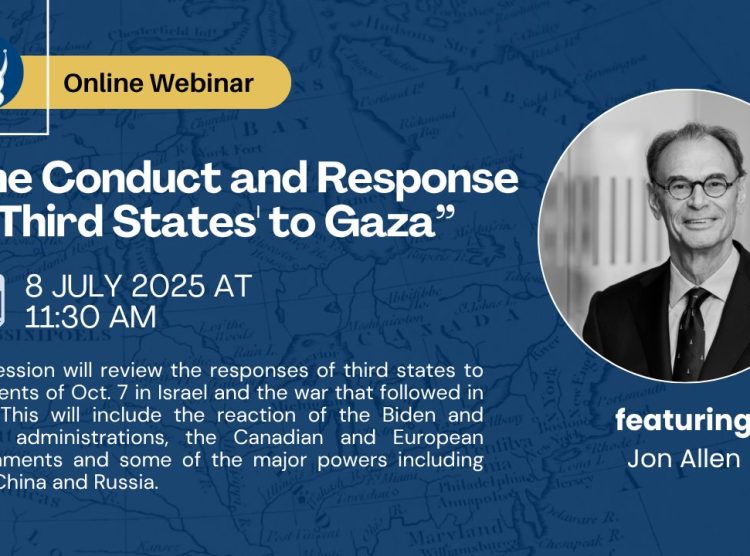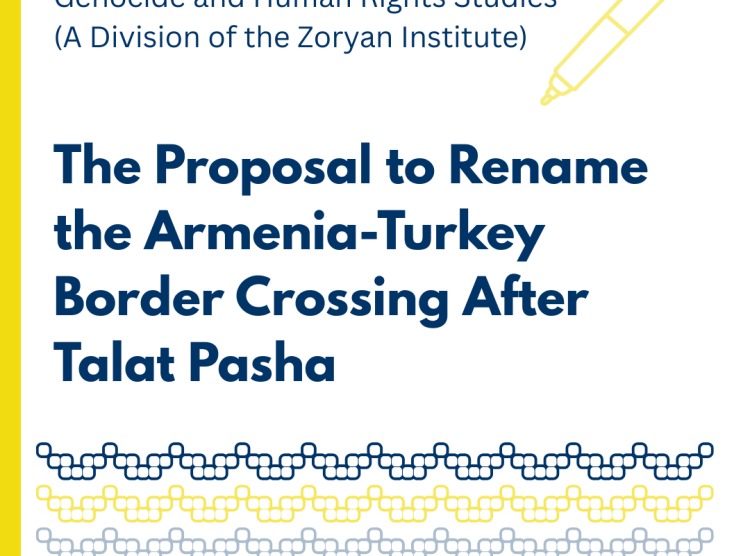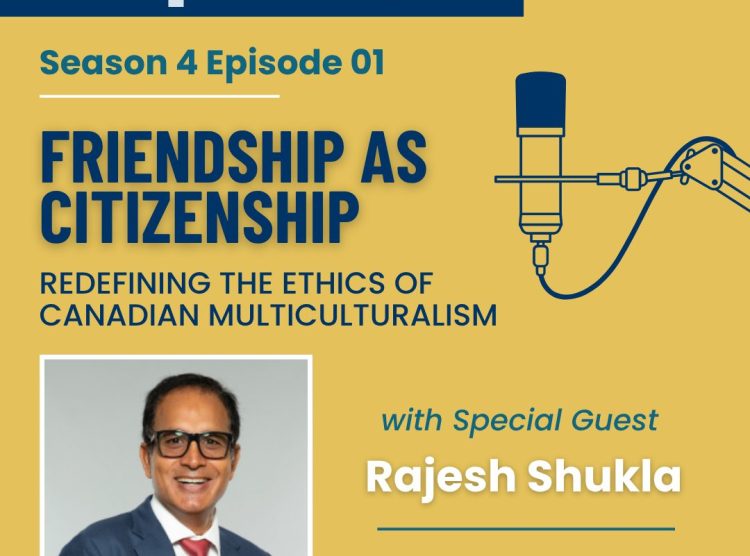By Roger W. Smith
We all come to an awareness of the crime of crimes in different ways; and while it is sometimes difficult to get such a crime into focus and to think about its implications, the Czech writer Milan Kundera got it right when he said that “the struggle of man against power is the struggle of memory against forgetting.” By “memory” Kundera does not mean remembrance alone, but remembrance that is accompanied by understanding, and understanding that leads to commitment and action.
The study of genocide is about what happened, why it happened, who is responsible, and how it can be prevented in the future. But it is also, or should be, about human beings, about communities, about long-term consequences. And it should be about building bridges between victim groups in order that they might work together in an attempt to end, to use the language of the UN Convention, the “odious scourge” of genocide. And in the end, it is a question, a very ancient one, of who is my neighbor?
For many years, I thought of my “neighbor” as anyone who was in need, who was persecuted, who needed help: it was not a matter of my tribe or theirs, my religion or theirs. But it was only in 1985, when I attended a conference in Boston on the Armenian Genocide and its lessons, that I met Armenian survivors, their children, and their grandchildren, all of whom shared their stories with me, bearing witness to a proud and tragic history. And it was there, that first evening of the conference, that I sat at a banquet table with a group of Armenians who began to sing in Armenian, a language I had never heard before, songs of home and long ago, songs sad yet sweet, coming from the heart, and accompanied with tears. Little did I know that a few years later on April 24th, I would stand before the Martyrs’ Memorial in Yerevan, Armenia, and that I too would weep. But in the end, tears of sadness and anger are not enough; they must also become tears of resolution and action. And because of that commitment much progress in expanding recognition of the Genocide has taken place and denial exposed for the hurtful sham that it is. But as long as there is denial of the historical reality of the Armenian Genocide, resolution and action will be, not only in order, but necessary.




